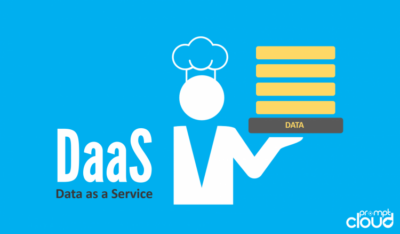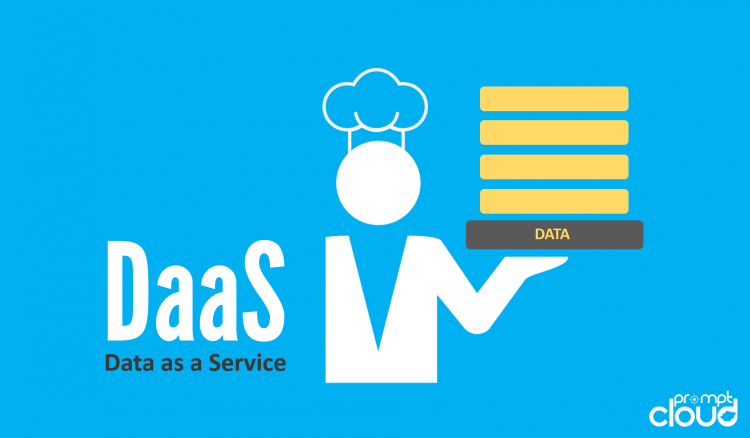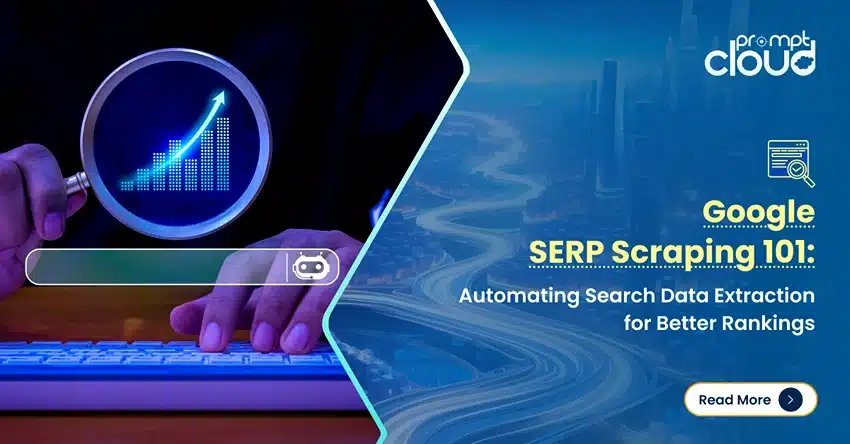
As the business world is rapidly adopting web data to complement various use cases that keep growing in numbers by each passing day, there has been a spike in the need for a dependable web scraping service. Many business owners often make the mistake of falling for the do-it-yourself tools that claim to be the magical solutions to crawl data from any website on the web. The first thing to know about web scraping is that there is no out-of-the-box solution that can extract data from any website.
This is not to say that the DIY web scraping tools out there don’t work – they do. The problem is, these tools can only work smoothly in a perfect web world, which sadly doesn’t exist. Every website is different in terms of how they present the data – the navigation, coding practices, use of dynamic scripts etc. make for a great diversity among how websites are built. This is why it’s not feasible to make a web scraping tool that can handle all the websites alike.
When it comes to web scraping, tools are out of the equation. Extracting data from the web should ideally be a fully managed service, which we have been perfecting over the last 8 years. You don’t have to take our word on why web scraping tools aren’t a good match for enterprise-level web data extraction.
We compiled some of the responses from our clients on why they decided to switch to our managed web scraping service, leaving the ‘Magic’ tools behind.
Increasing complexity of websites
Here’s a comment that we recently received on one of our blogs.
“I’m trying to crawl yellow pages data. I found a list of 64 pages of stores. I added a selector for business name, address and phone number. I right clicked each field for inspect/copy/copy selector for the name, address, and phone number. I scraped the URL changing only the end to read pages/[001-064]. I clicked crawl and to my surprise the only data scraped was for the page 001. I clicked the multiple tab in each selector field (for name, address and phone). Why did I only get data for the first page? Should the crawl tool know that I wanted the same data for each company (30 per page) for all 64 pages? Thanks in advance.”
The commentator here was trying to crawl data from a classified website but the tool he was using couldn’t navigate to the inner pages in queue and only scraped the first page. This is a common problem associated with web scraping tools, they tend to work fine with sites that use simple navigation structures, yet fail if the site uses even a moderately complex navigation. With the aim of improving user experience, many sites are now adopting AJAX based infinite scrolling, which makes this even more complex. Such dynamic coding practices would render most, if not all web scraper tools useless.
What’s needed here is a fully customizable setup and a dedicated approach where a combination of manual and automated layers are used to figure out how the website receives AJAX calls so as to mimic them using the custom built crawler. As the complexity of websites keep increasing over time, the need for a customizable solution rather than a rigid tool becomes all the more obvious.
Scalability of the extraction process
Here’s a note verbatim from one of our clients about how they couldn’t scale the process after trying to build an in-house crawling setup.
We have built all the crawlers ourselves and I am just not happy with the way we have done it and since you have a better solution I would be interested in talking. I also want a solution that can crawl 5000+ retail sites eventually.
Many entrepreneurs feel the need to reinvent the wheel. This is also better known as the NIH (Not invented here) syndrome which is in simple terms, the urge to carry out a process in-house rather than outsourcing it. Of course, there are some processes that are better done in-house and a great example is customer support; outsourcing customer support is blasphemy.
However, web scraping is not one of those. Since the complexities associated with large scale web data extraction is too niche to be mastered by a company that’s not fully into it, this can in fact turn out to be a fatal mistake. We have noticed many of our existing clients attempt building in-house scrapers to only later resort to our solution; besides having lost some valuable time and effort.
It’s a fact that anyone can crawl a single webpage. The real challenge lies in extracting millions of webpages simultaneously and processing all of it into structured and machine-readable data. One of the USPs of our web scraping solution is the scalability aspect of it. With our clusters of high-performance servers that are scattered across geographies, we have built up a rock-solid infrastructure to extract web data at scale.
Data quality and maintenance
One of our clients was looking for a solution that could provide them with high quality data as the tool they were using failed to give structured data.
To be perfectly honest: we are working with a free service at the moment and everything works quite well. We can import data from all the pages into one Excel sheet, then import them into podio. But at this point, we cannot filter the information successfully. But we are in close contact with them to get this problem solved. Actually, since the current solution is a bit inconstant it needs to be thought over and over again. Do you have a ready to use solution for us?
Extracting information from the web in itself is a complex process. However, turning the unstructured information out there on the web into perfectly structured, clean and machine readable data is even more challenging. The quality of data is something we take pride in and you can learn more on how we maintain the data quality from our previous blog post.
To put things in perspective, unstructured data is as good as no data. If your machine cannot read it, there’s no way you would be able to make sense of the massive amount of information within the data.
Also, you cannot just build a perfectly functional web crawling setup and forget it. The web is highly dynamic in nature. Maintaining the data quality needs consistent effort and close monitoring using both manual and automated layers. This is because websites change their structures quite frequently which could render the crawler faulty or bring it to a halt, both of which will affect the output data. Data quality assurance and timely maintenance are integral to running a web crawling setup. At PromptCloud, we take end-to-end ownership of these aspects.
Hassle free data extraction
We recently gathered feedback from our clients and here’s an excerpt from one of the responses.
We had our own solution, and it worked, but it required constant tweaking, stealing valuable development resources. I believe data acquisition gets more and more complicated, while the need for data acquisition through crawling is constantly growing.
This client, who have now completed 5 years with us, used to have their own web crawling setup but wanted to do away with the complications and hassles of the process. This is a great decision from a business standpoint. Any business needs to have their sole focus set on their core offering to grow and succeed, especially considering the competition is at the peak in all markets now. The setup, constant maintenance, and all the other complications that come with web data extraction can easily hog your internal resources, taking a toll on your business as a whole.
Crossing the technical barrier
This recent lead lacked the technical expertise required to set up and carry out a web crawling project on their own.
I’m thinking that the way we would use you guys, potentially, is to add sites as needed based on our customers’ requests when we don’t have the capability and expertise to add them ourselves. We also don’t have the URLs that you would need to pull from, so we would need the sites spidered to pull all the product pages.
Web scraping is a technically demanding process – which means you would need a team of talented developers to setup and deploy the crawlers on optimized servers to go about with the data extraction.
However, not all businesses are meant to be experts at scraping as each has its own core focus. If technology is not your forte, it’s totally understandable that you would need to depend on a service provider to extract web data for you. With our years of expertise in the web data extraction space, we are now in a position to take up web scraping projects of any complexity and scale.
Conclusion
As the demand for web data is on the rise in the business world, it is inevitable for companies to start looking for better ways of acquiring the goldmine of data available on the web. If you look at the various aspects of web data extraction, it’s clear that leaving it to scraping specialists is the way to go.



















